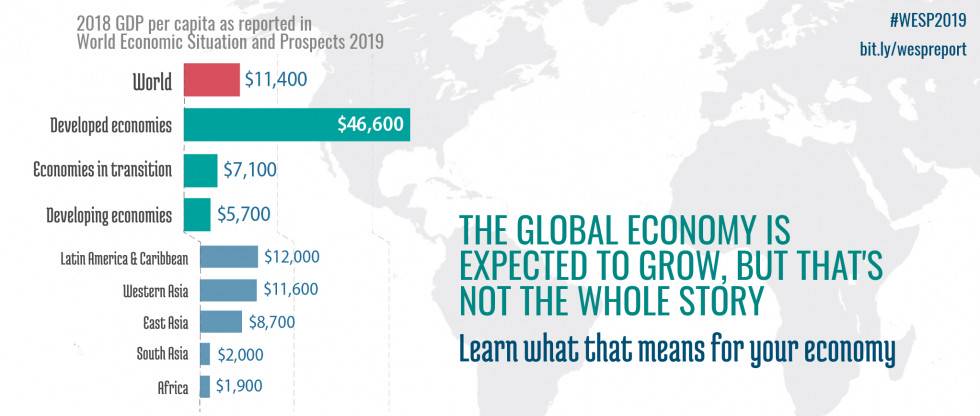Italy’s Repatriation of Cultural Relics to Beijing
Understanding preference heterogeneity in electricity services
Using a discrete choice experiment examining the potential role of domestic appliance curtailment contracts as a means of shifting load, this paper investigates potential drivers of preference heterogeneity with respect to electricity services.
Among the research findings are that almost 4-in-5 customers engage with the proposition of appliance curtailment contracts within the context of the survey environment.
From a policy perspective the results highlight the potential of appliance curtailment contracts as a tool to manage peak loads, as well as, the nature of preferences with respect to curtailment contract attributes.
[ > Economic and Social Research Institute — October 15, 2019 ]




